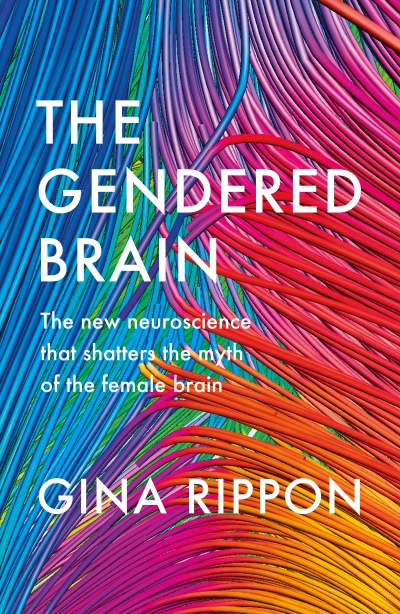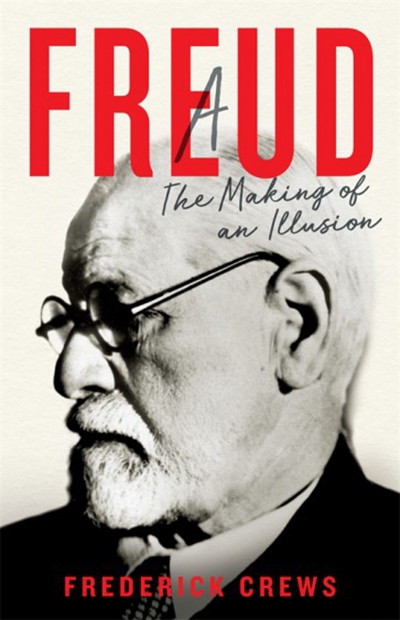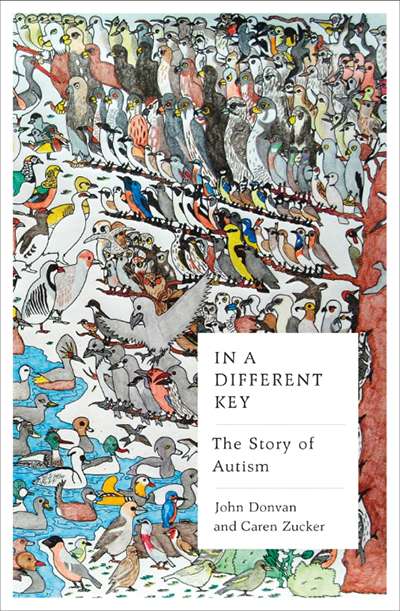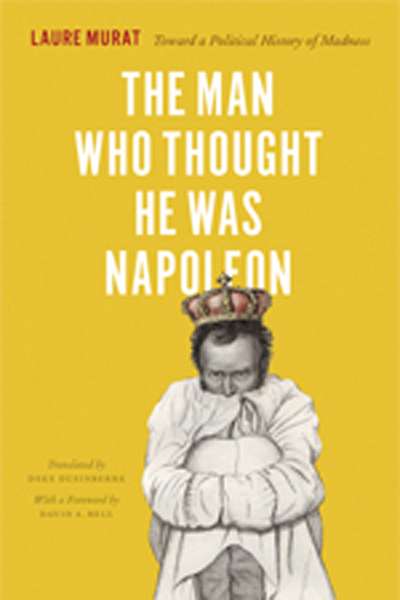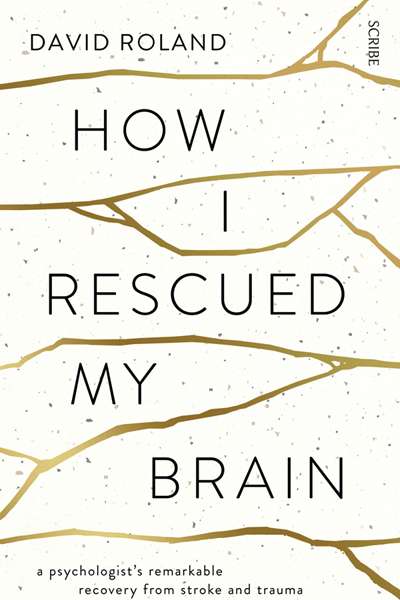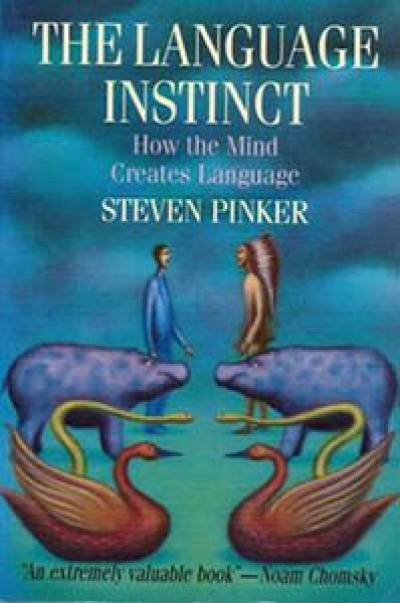Psychology
The Gendered Brain: The new neuroscience that shatters the myth of the female brain by Gina Rippon
by Nick Haslam •
The Lost Boys: Inside Muzafer Sherif’s Robbers Cave experiment by Gina Perry
by Nick Haslam •
In a Different Key: The story of Autism by John Donvan and Caren Zucker
by Nick Haslam •
The Man Who Thought He Was Napoleon: Toward a political history of madness by Laure Murat
by James Dunk •
The Language Instinct: How the mind creates language by Steven Pinker
by Peter Goldsworthy •

